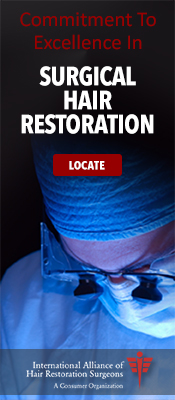Guys read my story on this link-
https://www.baldtruthtalk.com/thread...-23?highlight=
Here is what I have done recently to tackle my Hair loss-
1 I have met one of the leading HT surgeons in India , Dr tejinder Bhatti and he has recommended me 2500 grafts for hairline ,temples ,front half of scalp.
2 Met the said Dr once again
3 Met 2 more doctors for consultation and they suggested something similar
At last I have made up my mind to get the HT done at the end of this month .
Attaching my current state-
Attachment 59699Attachment 59700Attachment 59701Attachment 59702Attachment 59703Attachment 59704Attachment 59705Attachment 59706
Now my confusion-
I have almost decided to get a HT done but have the biggest doubt from the first day itself-
Shockloss / Am I a candidate at present - Since I am not completely bald in the frontal region where Hair will be transplanted ( however the hair in this region are definitely thinner and weaker than other areas ) Can the existing hair in front portion fall off after hair transplant due to shockloss.Is it possible that one year post hair transplant , my native hair in front portion do not return back , only transplanted hair remains , leaving me with a density equal or lower than current.
In other words I have read that to be eligible for hair transplant in a particular area , the density in that area should be less than 50% . In my case is the density less than 50% ? . Do you think one year post hair transplant the density will significantly increase .
This confusion is really delaying my decision about HT . Can you guys please share your opinions
Have attached the area where doctor will do the hair transplant and marked the area I am talking about.
Attachment 59699
Getting a Hair Transplant this month.But highly confused ?Printable View
|
» IAHRS
|








